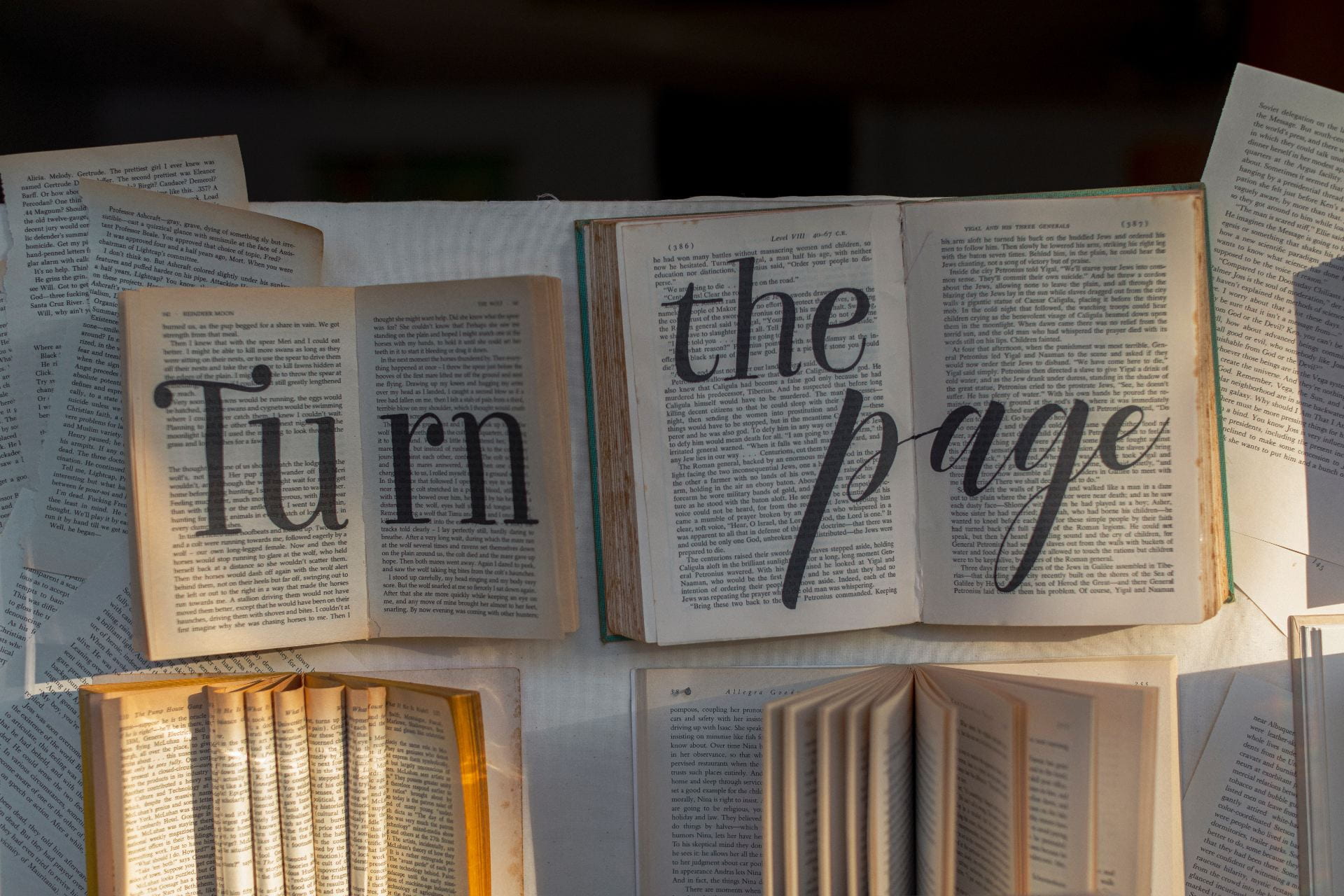People like dystopian stories. I have read many: 1984, The Iron Heel, Brave New World, Fahrenheit 451. Some get made into movies. I remember The Time Machine best because I saw the movie version, and the visuals stick in my mind.
You may have read or seen memorable dystopian stories. The Mad Max movies, Zombie movies, A Clockwork Orange, The Hunger Games, The Fifth Wave. I took my son to see The Road. It turned out to be a bonding event — like the father in the movie, I would keep my son from being eaten by post-apocalypse marauders.
The Handmaid’s Tale, by Canadian Margaret Atwood, is my favorite. I can imagine the U.S. going in that direction one day and becoming a brutal, corrupt theocracy that oppresses women in myriad ways.
Why do we like dystopian stories?
One reason is that they help us feel better about our existing society, which even if imperfect, is far better. Another reason is that we identify with the heroes in the stories, who usually are brave and capable. When the heroes strike a blow for freedom or for a better way of life, we strike the blow in our imagination.
Here is one more reason: We learn from the stories what to fear, what to prevent.
Utopias are the other side of the coin. I have read two: Utopia by Saint Thomas Moore and Walden 2 by famed psychologist B. F. Skinner. Moore’s utopia has freedom of religion and slavery. Years ago I described Walden 2 in a student essay as an invisible despotism. I meant that psychological principles were used to control virtually all behavior of the masses. My professor put a question mark next to my comment.
Utopian stories are not as popular as dystopias. One reason is that there is less potential for interesting conflict in utopian stories. Another is that utopias are harder to believe. Finally, one person’s ideas of a utopia can be another person’s nightmare.
At present we in Australia live part-way between a utopia and a dystopia. We cannot move close to a utopia because we cannot agree on what it would be like.
Most of us can agree on elements of a dystopia: Dangerous conditions, brutal oppression by the government or no government, lack of human rights.
Millions of people live like that right now in this world of ours. We are lucky not to be among them.
Photo by Daniel Schludi on Unsplash




0 Comments